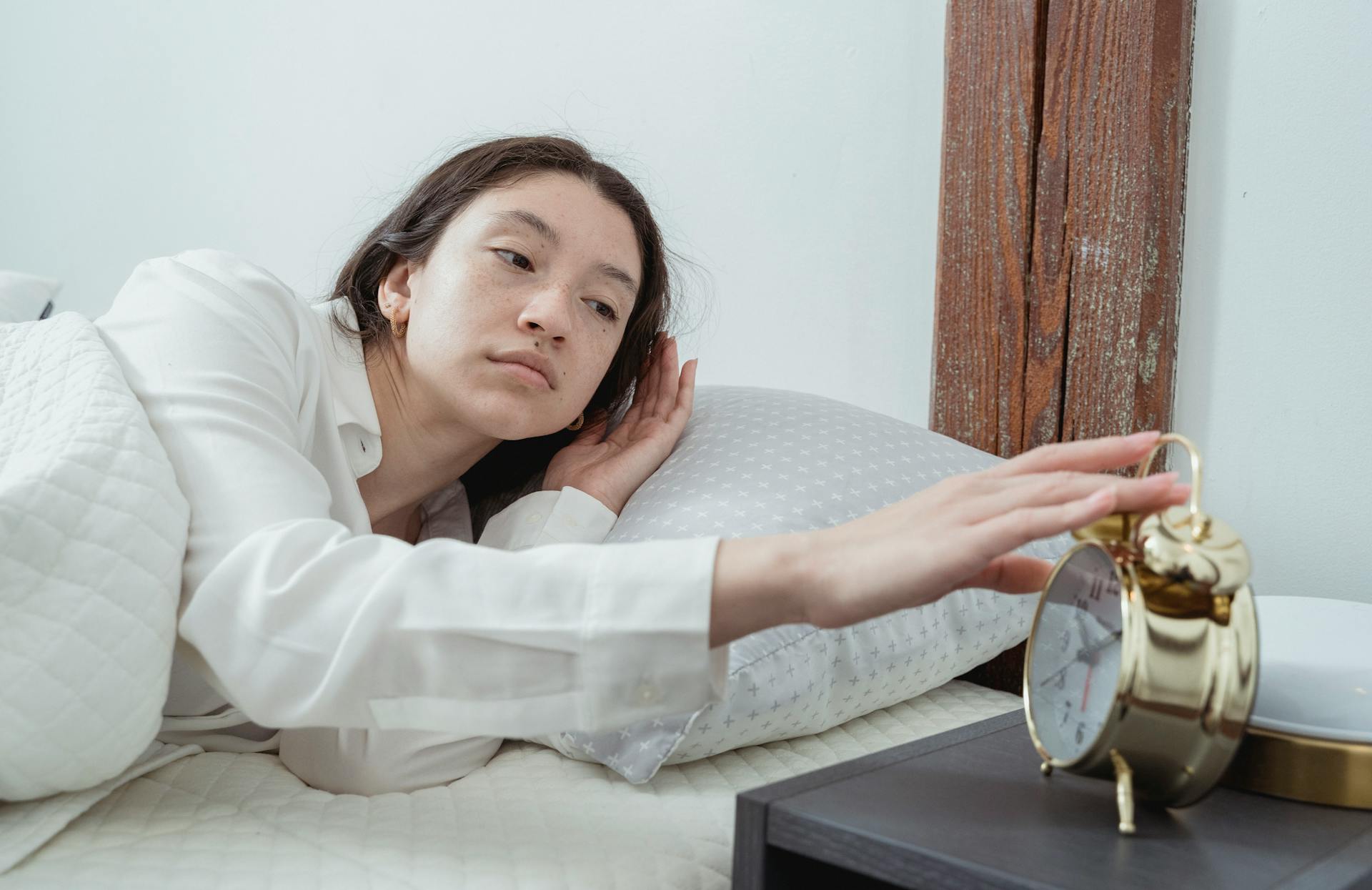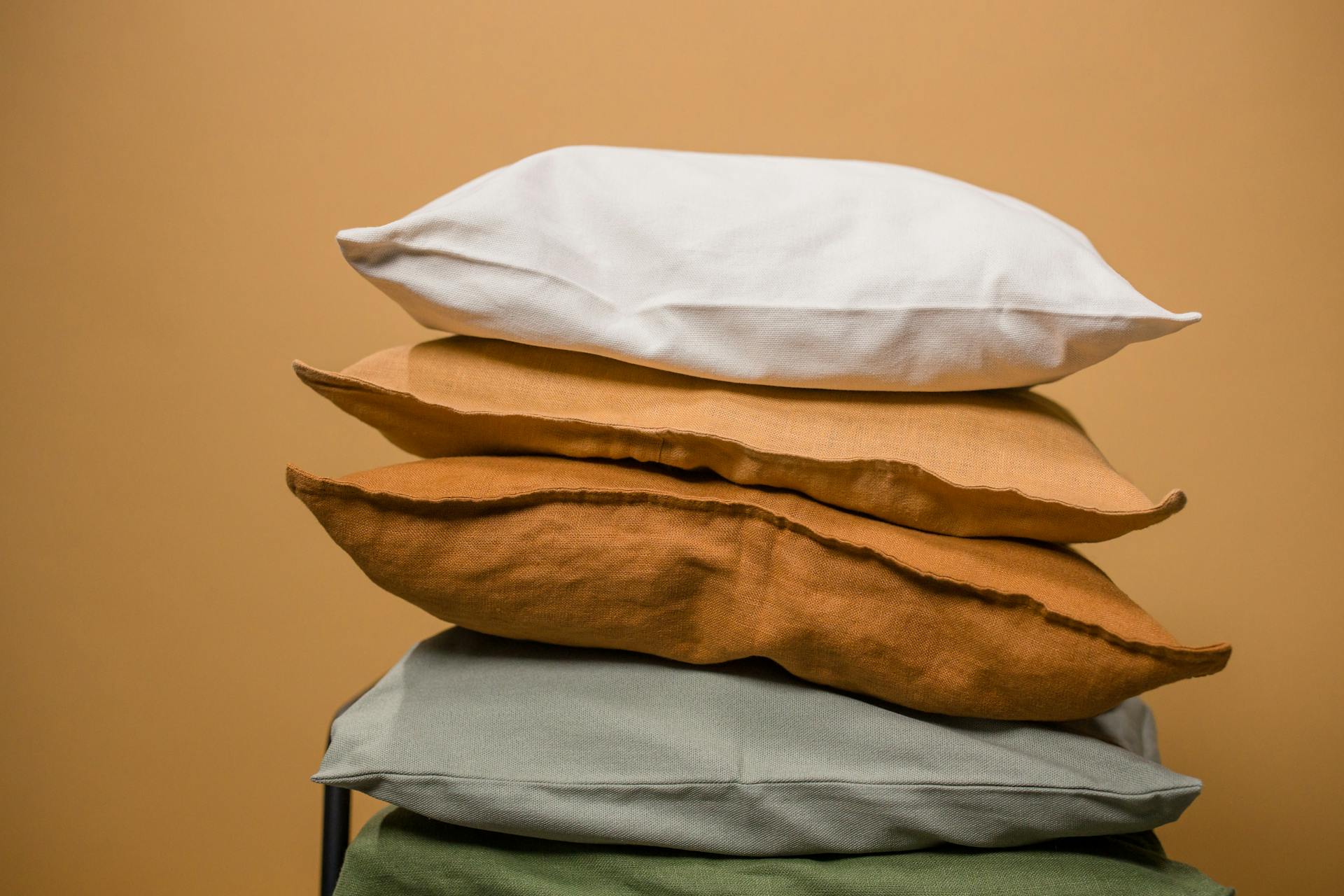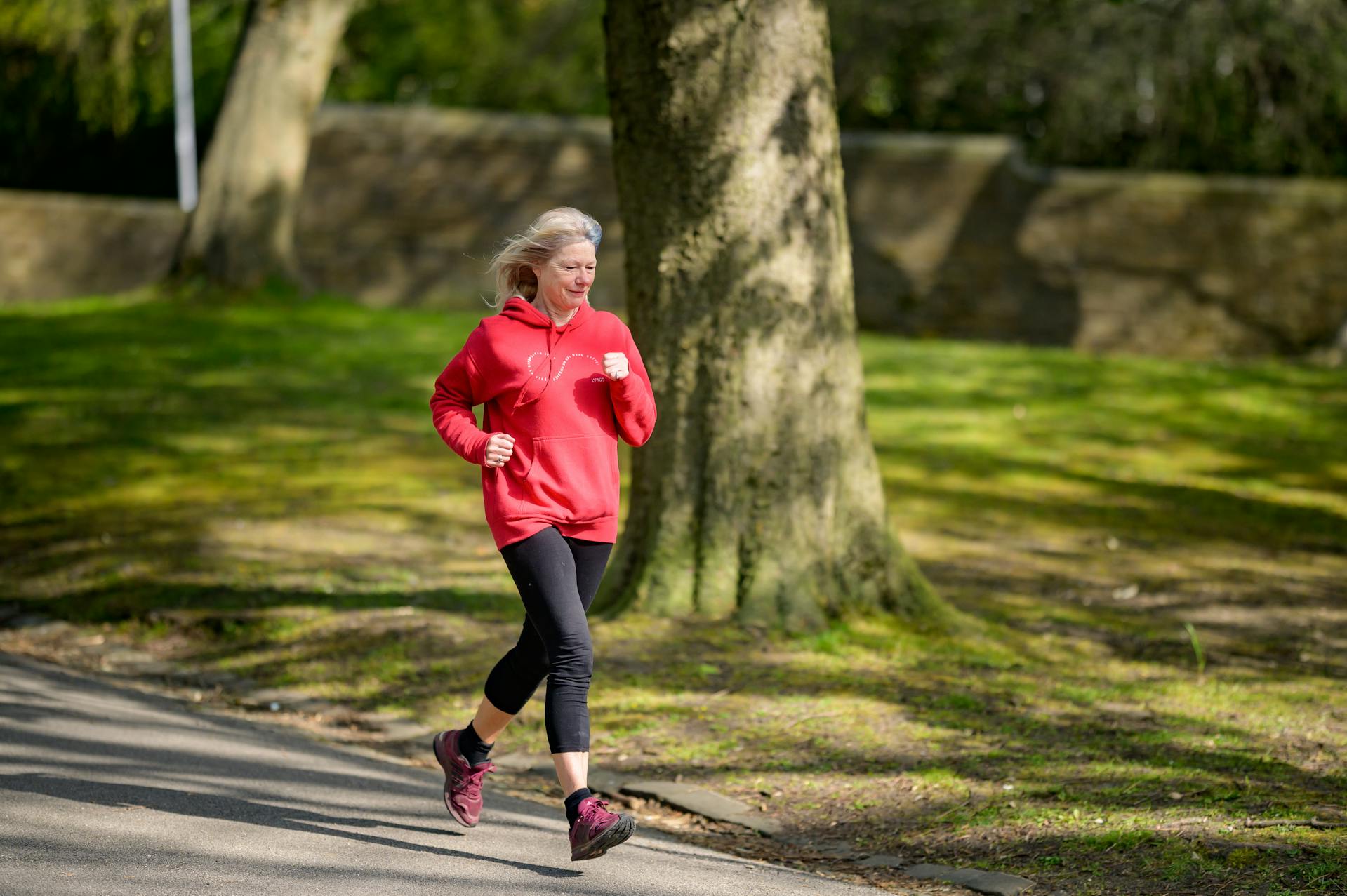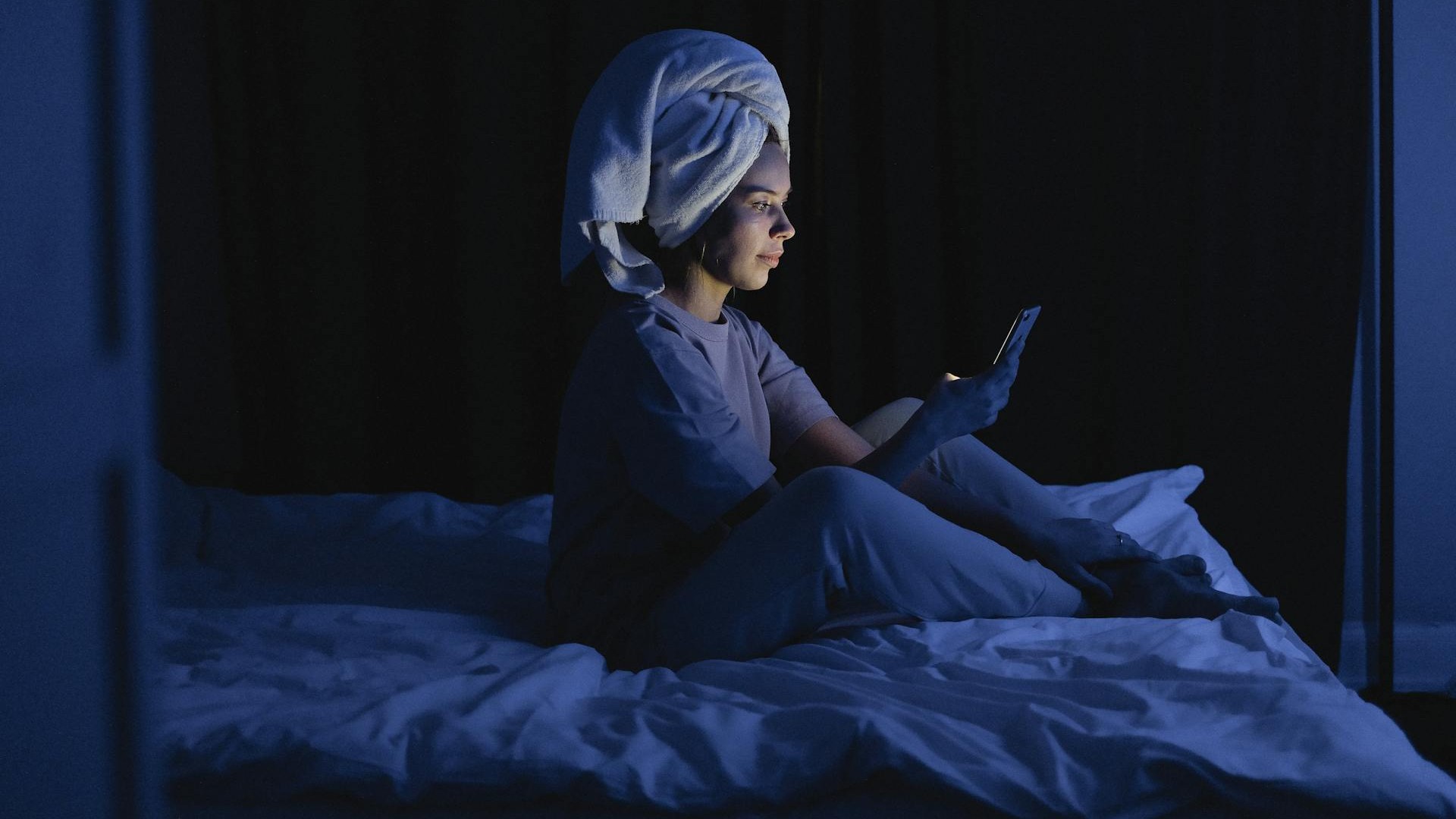
It's fun to get away, whether you're staying a hotel or guest house or a friend or relative's home. Most of us relish the chance to shake off the cobwebs, break up the routine, and get away from normal life for a few days. But there's one thing that can threaten to ruin the fun: sleep.
While the idea of bedding down somewhere different can sound great, in practice, it often makes it difficult to get a good night's sleep, especially since you can't take your best mattress with you. And if you're tired and groggy throughout the rest of the day, it can really put a dampener on your time away.
Unfortunately, sleeping in a new environment can be challenging. From strange noises to unfamiliar smells, even the littlest things can disrupt your sleep patterns and leave you feeling groggy and exhausted. In this article, I'll share a few simple tips to help you get a good night's rest.
1. Make your environment more familiar
When you're in an unfamiliar place, evolution has primed your body and brain to wake up at a moment's notice. That made sense when we were hunter-gatherers, because in an unknown environment, we didn't know what predators might be roaming around waiting to attack us.
Unfortunately, in the modern world, it's not particularly helpful for getting the deep and uninterrupted sleep you need. The more familiar you can make our surroundings, the more you'll be able to relax.
Of course, you can't do anything about the room being a different shape or the pipes making a different noise. But what you can do is block out unfamiliar sights and unfamiliar sounds by donning earplugs, wearing a sleep mask, or using a white noise machine.
It's also useful to pack items that provide an element of normality. That might mean your best pillow (much easier to travel with than a mattress!), pyjamas or hot water bottle cover, for example. Having such familiar items can help you feel more at ease and reduce anxiety, which is a common cause of poor sleep in unfamiliar places.
2. Create a sleep-friendly environment

Over the years, you've done lots of little things to make your bedroom fit your needs perfectly. When you're a hotel, you're basically starting from scratch, and the temptation is to simply go to bed and not bother.
However, if you just spend a few minutes adjusting the room temperature, and ensuring the bedding suits you, it can make a huge difference. Request extra pillows or blankets if needed, and don't hesitate to ask for a room change if the accommodations are subpar. (Yes, no one likes a fuss, but no one likes a terrible night's sleep either, so stick up for yourself!).
3. Avoid caffeine and alcohol
Yes, it's tempting to indulge in caffeine or alcohol while away, whether you're meeting with friends or just sitting in your hotel room watching a movie. But if you have trouble sleeping in unfamiliar rooms, this might be something you have to compromise on, because both substances are well known for disrupting people's sleep quality.
Limit your caffeine intake, especially in the afternoon and evening (for more on this read what time should you stop drinking coffee?). Be mindful of your alcohol consumption, too, as it typically interferes with deep sleep. (Yes, it might 'knock you out', but it will stop you getting quality sleep so you'll still wake up tired and disoriented.)
4. Exercise during the day

Remember that holiday when you spent all day walking in the fresh air, out in the wilds of the country? Chances are you slept pretty well after that. But even if you're away in the city, or travelling on business, you can create the same effect by taking regular exercise during the day, such as going for a walk, swimming, or visiting the hotel gym. That said, avoid strenuous workouts too close to bedtime as they can be overly stimulating and make it harder to fall asleep
5. Practice relaxation techniques
If you find yourself struggling to fall asleep in unfamiliar surroundings, try practicing relaxation techniques such as deep breathing exercises, progressive muscle relaxation, or visualisation.
When all else has failed, these techniques can help calm your mind and body, making it easier to drift off to sleep, even in unfamiliar places. To get started, read our article on techniques to help you fall asleep quickly.
6. Avoid screen time before bed

When you're away, you often end up sat up in bed scrolling through social media to catch up on what's going on at home. But if you find it's difficult to drop off afterwards, there's actually a good reason for that. The blue light emitted by electronic devices can suppress melatonin production and disrupt your body's natural sleep-wake cycle. So, limit your screen time in the hours leading up to bedtime, and if you must use your devices, consider using blue light-blocking glasses or apps.
7. Stay hydrated
When you're away, you get out of your normal routines, and may end up not drinking enough water. But dehydration is another thing that contributes to fatigue and disrupt sleep patterns, so make an extra effort to drink plenty of water throughout the day and avoid excessive alcohol consumption, which can dehydrate you and disrupt your sleep quality.
The key word here is 'throughout'; staying dry all day and then downing three pints of water before bed won't lead to quality sleep. For more on this, read when should you stop drinking water before bed?.







